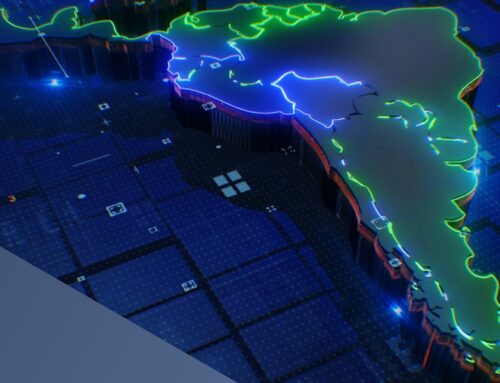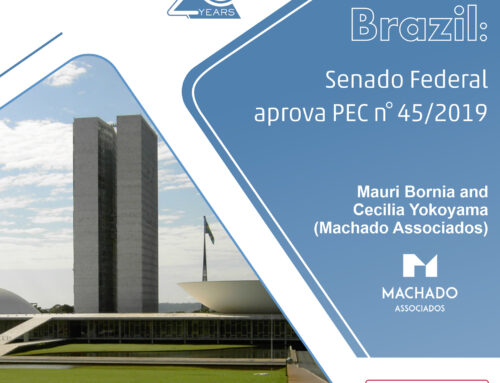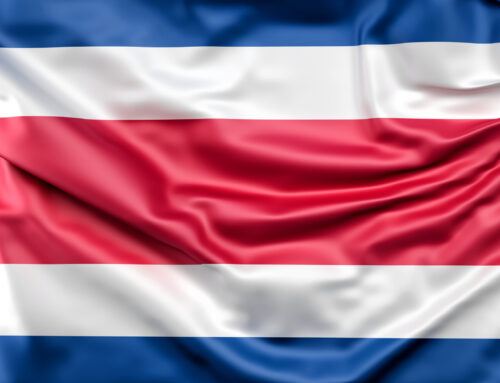Brazil: Ex-Tariff on the brink of extinction
The tariff exception (“Ex-Tarifário” or “Ex-Tariff”) is an import duty benefit under which a differentiated rate is applied to specific goods which are proven to not have a national equivalent in Brazil. To this effect, the Federal Government temporarily reduces the import duty rates to up to 0% so as to boost the domestic market’s supply of cutting-edge capital goods, and computer and telecommunication goods, which are usually subject to rates between 14% and 16%.
It should be noted that the Ex-Tariff is not a benefit granted for certain individuals; on the contrary, it is a benefit for the market, and thus any importer may request the granting of the tariff reduction for certain equipment, upon proving that such goods (considering their unique and individual characteristics) do not have a national equivalent, i.e. national equipment capable of performing the same functions with the same quality as the one that is to be imported. Once the Ex-Tariff is granted, any importer in the country may use the reduced import duty rate for the same exact goods.
The Ex-Tariff is a very important benefit for the development of the Brazilian market, as it makes it possible to increase the investment in cutting-edge capital goods and computer and telecommunication goods, incorporating new technologies not produced in Brazil. As a result, the Brazilian industry may further develop itself, making it more competitive in the international market, while it increases local production and thereby generates more employment and income for the country.
Nevertheless, Brazil is a member of the Mercosur, an intergovernmental organisation involving South American countries, which is currently a customs union in which there is intrazonal free trade and a common commercial policy between member countries.
Among the measures agreed by Mercosur is the provision of a common external tariff for products that originate from outside the block. Accordingly, goods with their origins in Mercosur are subject to a 0% import duty (or similar tax in other countries), but goods from outside the block are subject to a certain rate by all members.
As a result, the Ex-Tariff ends up being an exception for the common external tariff, as it provides a different import duty rate from the one agreed by the Mercosur members.
To this effect, Mercosur has accepted the granting of the Ex-Tariff, being the latest concession made by the Mercosur/CMC ruling 25/2015, which allows for Brazil to apply different rates, including 0%, for capital goods, and computer and telecommunication goods up to 31 December 2021.
If the benefit is not extended, the current 16,000 plus Ex-Tariff will be revoked as of 1 January 2022, deeply impacting on the development of the Brazilian industry and increasing investment costs in such a delicate economic recovery moment.
Although, up to October 2021, the Brazilian Government has been in negotiations with Mercosur, an official decision has yet to be made, and the very important Ex-Tariff remains on the brink of extinction.
Writer: Ricardo Marletti Debatin da Silveira and Gabriel Caldiron Rezende, from Machado Associados
Original: https://wts.com/wts.com/publications/global-customs/2021/WTSGlobal_Newsletter_Customs_3_2021.pdf
Imagem: Negócio foto criado por Racool_studio – br.freepik.com





